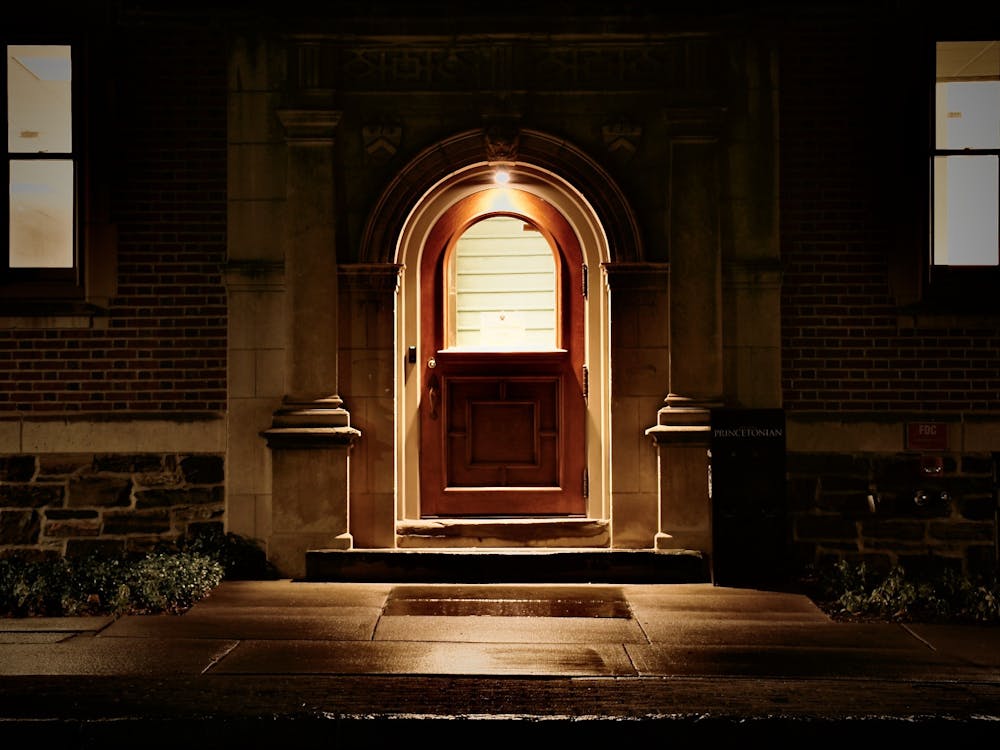The following is a guest contribution and reflects the author’s views alone. For information on how to submit a letter to the editor to the Opinion Section, click here.
To the Editor:
As former and current editors of The Daily Princetonian, we worried when the ‘Prince’ expanded its annual “joke” issue — here’s an example — into a regularly producing satire section. It’s been disheartening to see some of our worries play out.
Satire is fun! But when satire isn’t written and edited carefully, it risks emotional damage. The ‘Prince’ is filled with content creators and editors with excellent intentions. But it’s also a student-run paper with real people who make mistakes. Almost inevitably, satire that harms readers will be produced. This harm is bad in and of itself, but it also damages the trust between the ‘Prince’ and its readership — trust which, as current Editor in Chief Marie-Rose Sheinerman writes, the ‘Prince’ relies upon in order to be Princeton’s paper of record.
Satire’s risk of harm can be outweighed by satire’s potential to do good. We’ve seen excellent satire pieces in the ‘Prince’ — ones that have made meaningful critiques of issues on campus and in New Jersey. But we’ve also seen satire that has made cheap jokes at the expense of marginalized communities. Here’s two of them:
Last fall, the ‘Prince’ published, then took down, a satire piece on the Undergraduate Student Government’s (USG) initial choice of an alleged sexual predator as the Fall Lawnparties headliner. But to make its critique, this piece lightheartedly used the R. Kelly trial in a way that mobilized the pain of survivors of sexual assault, particularly Black women, for a laugh.
Just a few days ago, the ‘Prince’ published a satire piece that was seemingly meant to critique the campus debates on a proposed USG referendum to boycott Caterpillar Inc., a construction company whose bulldozers have been implicated in the death of a Palestinian rights activist. But, whether purposefully or not, the piece clearly made an analogy between the Princeton Committee on Palestine, Tigers for Israel, and people who cared about a totally nonsensical issue. In this way, this piece demeaned and devalued sizable subpopulations of the University community, from students involved in activism on all sides of this issue, to students whose families and relatives are directly affected by the Israeli-Palestinian conflict.
These pieces harm our readers and our readership. But further, they devalue the work of other members of the ‘Prince.’ There have been four ‘Prince’ news articles and five opinion pieces written about the USG referendum to boycott Caterpillar Inc. The people who wrote these articles wrote them believing issues surrounding the Israeli-Palestinian conflict matter, and matter significantly. Writing a six-paragraph throwaway joke — however well intentioned — tells readers that these other nine articles fail to matter. And that’s not okay.

What matters more to the ‘Prince’? Is it satire and jokes like these, or protecting the trust of its readership? There are ways to try to reduce the satire section’s potential for harm. One could seriously reflect on the guidelines of the Satire section and have the editors go through professional diversity and inclusion training. One could also develop separate social media outlets for the satire section, such that the only people who stumble across any inappropriate satire know what they’re getting themselves into. But it’s important to note that these steps won’t eliminate the risk of harm. The Caterpillar Inc. satire piece happened after a critical reflection on guidelines for the satire section which followed the R. Kelly piece — a reflection that one of us, as a managing editor, played a role in. And it would feel a bit disingenuous to keep hiding Satire on the website under the Projects section — where it currently resides — and make different social media accounts for it.
We leave you with two options. Publish better satire than the examples we gave — satire that’s worth the risks and edited such that it protects the well-being of the writers and the trust of the readership. Or don’t publish it at all.
AG McGee ’22 is a humorless, stuck up senior and served as a managing editor of the ‘Prince’ for the 145th board. This all being said, they know that many satire pieces published by the ‘Prince’ have been excellent! We’re in this together. Email amcgee@princeton.edu if you want.
Rooya Rahin ’23 always enjoys a good knock-knock joke and currently serves as Chair of the 146th Editorial Board. They care about the ‘Prince’ being the best it can be and can be reached at rrahin@princeton.edu









